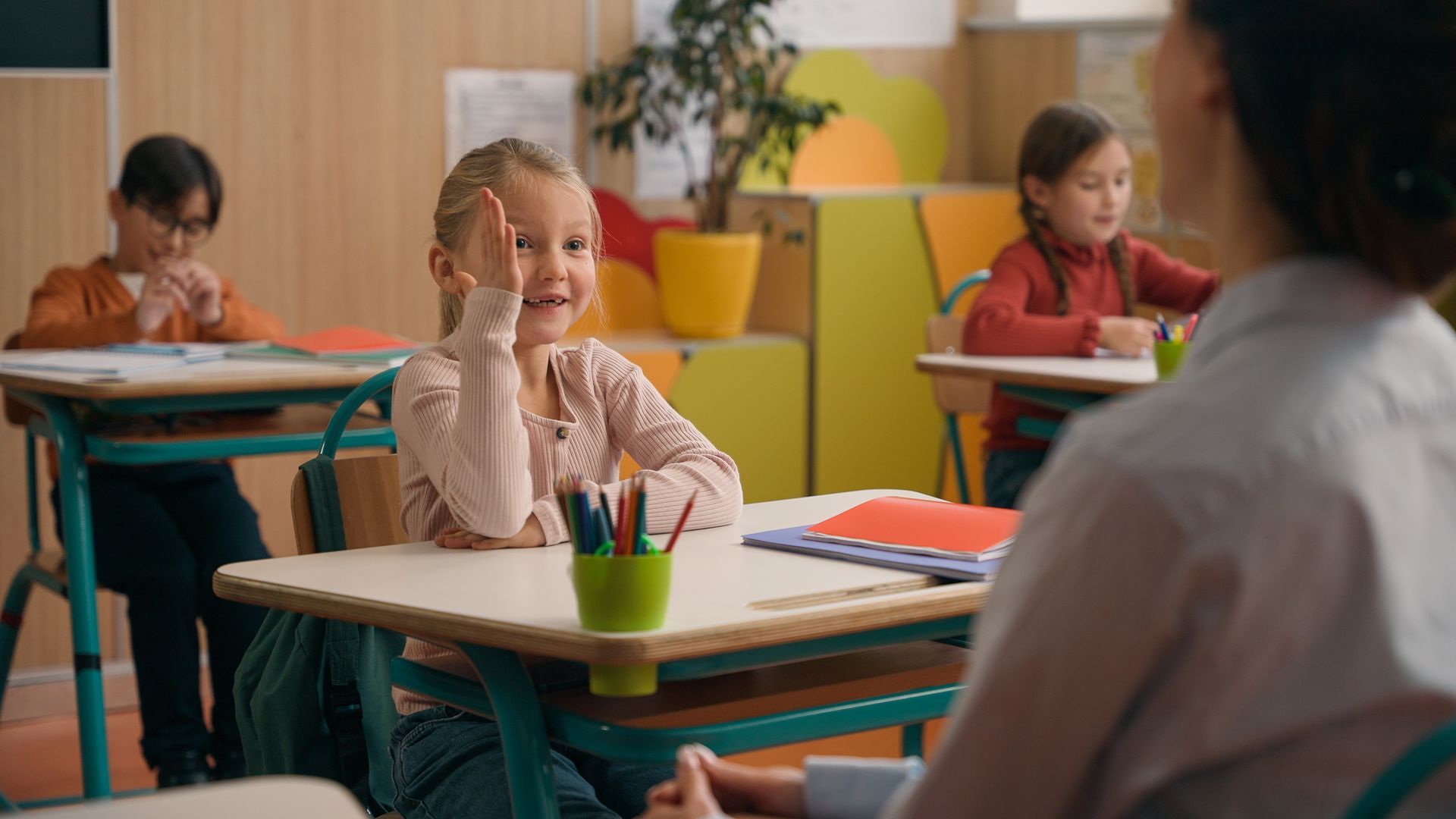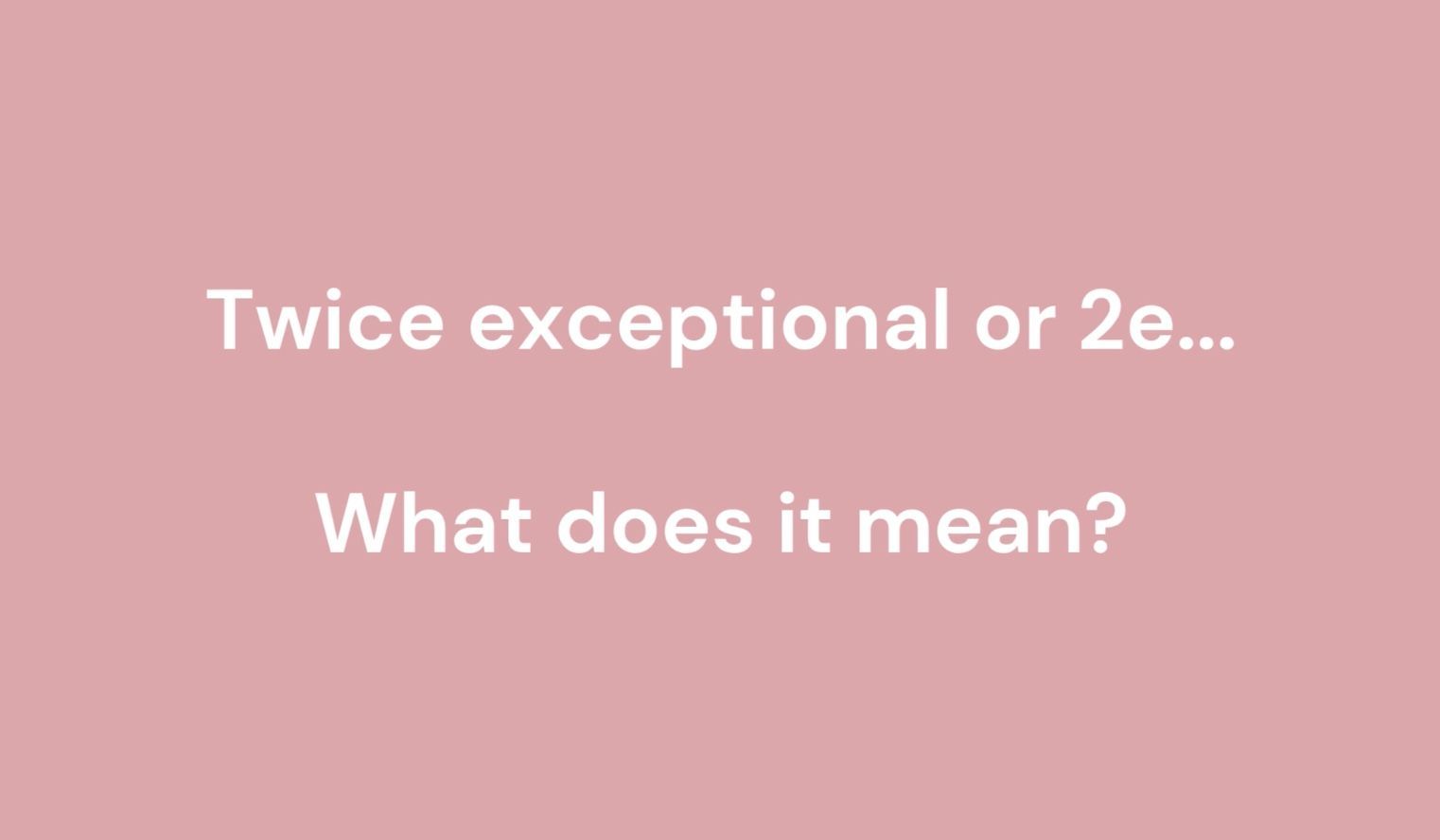Early Entry to Primary School
Can you identify with this scenario?
Art and Lily know their preschool aged daughter, Harper, is gifted. Harper has been reading environmental text and picture books since she was two. She knows her numbers past 100 and can perform simple addition algorithms. The family have incredible dinnertime conversations, where Harper’s parents are continually surprised by her advanced vocabulary. Harper also comes up with original and creative ideas.
Harper’s preschool educators haven’t commented on this precociousness but despite that, Art and Lily approach their local primary school to enquire about early entry, or an acceleration missing the first year of school. After a meeting with the principal, they are stunned to learn that the school will not condone any form of acceleration of this type. The preschool educators say that Harper is emotionally immature and has poor socialisation skills. The results of psychometric testing are ignored.
What is early entry?
Early entry is the enrolment of a child into a state-run or independent school earlier than the state’s legislated starting age. This is an accelerative option for children with highly developed natural abilities and/or an IQ in the gifted range.
Early entry requirements for different states vary, and parents are encouraged to check their local gifted organisation and/or Department of Education for more information.
State policies can support early entry as an accelerative option, but the uptake of this strategy is very limited in practice.
What are the benefits of early entry?
- Can be an effective intervention with positive academic and social outcomes for young, gifted children if policy guidelines are followed (Diezmann, Watters, Fox 2001; Robinson 2004)
- Often avoids the need for a more complex grade acceleration later in a child’s schooling
- Meets the academic and social-emotional needs of a gifted child
- Opportunities to learn and socialise with intellectual equals rather than aged-related classmates
How should it be managed?
Most states have policies or guidelines to follow. Please contact your local school and/or your State Department of Education.
What alternatives can schools provide to early entry?
For a child that is gifted, displays school readiness, and prefers the company of older children and adults, there is no better alternative than early entry or acceleration.
Some schools may offer an enriched curriculum. If this is the case, teachers should have completed preservice education, or post graduate studies, in gifted education. Schools, preschools, and educators should continually:
- Provide challenge, as part of an appropriate and stimulating curriculum
- Gain the skills and knowledge to create optimal and flexible learning environments
- Create a learning environment where a child’s potential, talent and natural abilities allow themselves to be revealed
- Recognise a child’s strengths and interests
- Respond to the readiness of learners
- Foster curiosity, creativity, imagination, and perseverance
- Extend children’s thinking
What are some of the characteristics of young, gifted children?
- Ability to learn quickly
- Imaginative and creative
- Sophisticated sense of humour
- Compassion
- Deep sense of justice
- Engagement with thinking and learning new skills
Why is a child’s social-emotional development often misinterpreted?
Many educators do not believe that gifted children have age-appropriate or advanced levels of maturity and socio-emotional adjustment. This is based on misinformation and misinterpretation. Gifted children are perceptive, and this enhances connections with intellectual peers but disenfranchises them from age peers. Educators can interpret these interactions as evidence of immaturity, when in fact frustration and boredom can lead to antisocial behaviours (Diezmann, Watters, Fox 2001)
The truth is, that failure to provide early entry may adversely affect the learning and social emotional development of gifted children.
References
Kaplan, S., & Hertzog, N. B. (2016). Pedagogy for early childhood gifted education. Gifted Child Today
Diezmann, C. M., Watters, J. J. & Fox, K. (2001). Early entry to school in Australia: Rhetoric, research and reality. Australasian Journal for Gifted Education 10(2):5- 18.
Disclaimer: The views and opinions expressed in this blog are those of the author and do not necessarily reflect the official policy or position of the AAEGT.
Share this resource
Resources












